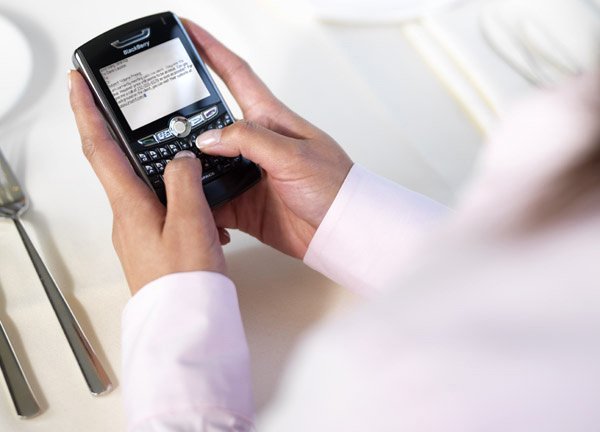UK mobile phone users stuck in 2003 time warp
Despite a perceived improvement in the services on offer, very few users are adopting and using new functionality due to a lack of awareness, an analyst has said.


Survey findings released today have revealed that more than half (57 per cent) of UK mobile phone owners are using their phones for the same things they did in 2003, and are not adopting new and advanced features and services.
Despite being stuck in a time warp when it comes to the services they adopt, 74 per cent claim that the services on offer have improved.
The survey, conducted by the telecom application connectivity specialist AppTrigger examined the use of applications and services by 500 UK mobile phone owners last month. It suggested that, while improvements have been made to mobile phone services in the competitive UK market, operators are slow to push out new offerings.
Dr Windsor Holden, principal analyst at telecom specialist Juniper Research told IT PRO the biggest hurdle to new service adoption was a lack of awareness and perceived difficulties in navigating mobile device interfaces to find and access such services.
"UK mobile phone users are not adopting new services as fast as the industry would like because, at the most basic level, people don't necessarily know new services exist. The second hurdle is finding them on the handset and navigating through the user interface," he said.
The research backed Holden's comments, where nearly half (48 per cent) of users said that they had never received a sports, retail or entertainment promotion from their mobile operator. And, of the 52 per cent that have received promotions, 62 per cent said that it was as infrequent as 'a few times a year' or 'almost never'.
Holden added: "There is still a big problem with the opacity of pricing, where pricing per megabyte clearly acts as a disincentive to use new, non-messaging based data service. A low retail price point on a timed basis, for example, would be much easier for consumers to understand."
Get the ITPro daily newsletter
Sign up today and you will receive a free copy of our Future Focus 2025 report - the leading guidance on AI, cybersecurity and other IT challenges as per 700+ senior executives
Of those UK mobile phone owners who are using services beyond just texting and calls, 62 per cent of the youth market (16-24 year olds) said they download music or games; 25-34 year olds would be most to use their phones for productivity tools, like diary, contacts and email (62 per cent) and checking websites (69 per cent). But only 22 per cent of mobile phone owners in all age groups said they have used location-based services (LBS).
Holden added that operators should stop seeing themselves as a 'one stop shop' for service delivery, but instead look to partnering with vendors and other service providers to raise consumer awareness of what's available.
"Look at the iPhone," he said. "It may have lacked some functionality like 3G, but Apple's expertise in offering music download services to handhelds and its great user interface have really opened up the music download market on its mobile device."
A 25-year veteran enterprise technology expert, Miya Knights applies her deep understanding of technology gained through her journalism career to both her role as a consultant and as director at Retail Technology Magazine, which she helped shape over the past 17 years. Miya was educated at Oxford University, earning a master’s degree in English.
Her role as a journalist has seen her write for many of the leading technology publishers in the UK such as ITPro, TechWeekEurope, CIO UK, Computer Weekly, and also a number of national newspapers including The Times, Independent, and Financial Times.
-
 Bigger salaries, more burnout: Is the CISO role in crisis?
Bigger salaries, more burnout: Is the CISO role in crisis?In-depth CISOs are more stressed than ever before – but why is this and what can be done?
By Kate O'Flaherty Published
-
 Cheap cyber crime kits can be bought on the dark web for less than $25
Cheap cyber crime kits can be bought on the dark web for less than $25News Research from NordVPN shows phishing kits are now widely available on the dark web and via messaging apps like Telegram, and are often selling for less than $25.
By Emma Woollacott Published